
Read or listen offline
Amazon KindleRecommendation
The media have embraced a “30-is-the-new-20” culture that treats ages 20 to 29 as an extended adolescence. Parents, professors, hiring officers and other onlookers view the 20s as a fun period for young people to experiment before they find real jobs, get married, buy houses or have kids. Many twentysomethings believe they’re supposed to have a good time while avoiding adult responsibilities. Instead, clinical psychologist Meg Jay urges people in their 20s to get busy and make the most of this critical growth period that, she contends, will define the adults they’ll become. Jay refers to case histories from her practice to discuss what people in their 20s think about career and relationships. She also explains how their brains develop. Jay may help managers and HR professionals better understand young entry-level employees, but her treatise lacks workforce practicality, such as tips to recruit or retain them. Yet, 20- to 30-year-olds may find her thoughts a useful prod. getAbstract recommends Jay’s work to those in the under-30 set who need motivation, and to the parents, professors and managers who deal with them.
Summary
About the Author
Clinical psychologist, author and speaker Meg Jay is an assistant clinical professor at the University of Virginia.





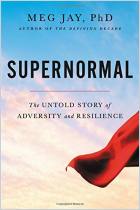
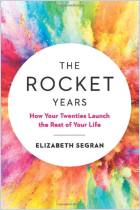
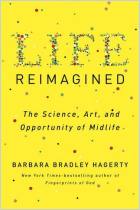
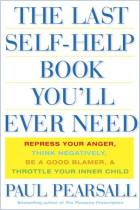
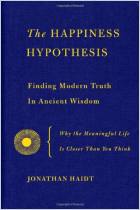
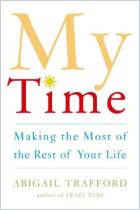
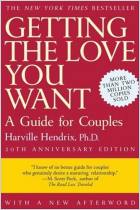



Comment on this summary